By Lin Zhuowei
(ECNS) -- Malaysia and China have always been good neighbors, friends, and partners, sharing one of the strongest relations among those between China and ASEAN countries. This year marks the 50th anniversary of the diplomatic ties between China and Malaysia, as well as the 11th anniversary of the establishment of the comprehensive strategic partnership between Malaysia and China.
“The 50th anniversary of Malaysia-China diplomatic relations is not just an event, or just a number, but also an embodiment of the success and commitment of our two countries in building up enough trust and partnership over the last fifty years,” said Dato Abdul Majid, president of the Malaysia-China Friendship Association and former Malaysian ambassador to China, in an exclusive interview with China News Network.
“It is an achievement that has not only benefited our two countries but the region as well.”
Historical moments witnessed by former ambassador
Majid was the Malaysian Ambassador to the People's Republic of China from 1998 to 2005. Since China’s opening up in the late 1970s, he has served as a diplomat in China intermittently for 12 years in total.
“When we started our relations in the 1970s, it began at a very low-based or very limited interaction, but today it has become a full-blown relationship,” Majid told China News Network from his experience as an eyewitness of the progress in Malaysia-China relations and China’s economic development.
Looking back upon the past five decades, some crucial moments of the relationship still linger in his mind.
The most decisive one is the signing of the Malaysia-China Joint Communique on May 31, 1974, which signifies the formal establishment of diplomatic relations between the two countries.
No less impressive is the memorable moment in the UN’s history when China regained its UN Security Council seat in 1971, with the support of countries such as Malaysia. It was also through that affirmative vote that Malaysia announced its recognition of the one-China principle, which facilitated China’s engagement in international affairs, according to Majid.
And more recently, since Malaysian Prime Minister Anwar Ibrahim came to the office in 2022, he has visited China twice within the last two years. Through these visits, both countries have committed themselves to promoting civilizational dialogues, particularly by bringing out important Asian values shared between them.
Moreover, Malaysia was among the first to support China’s Belt and Road Initiative (BRI) when it was first proposed in 2013. Malaysia's East Coast Rail Link, a landmark project of cooperation under the BRI, will fill the gap between the East Coast and the West Coast of the Malay Peninsula once completed, improving the connectivity and economic development along the line as well as in the region.
“Since we actually, you know, have built a very strong solid foundation for the last 50 years, we should be able to move to the next phase quite easily,” said Majid.
A story still unfolding after 12 years in China
Also making leapfrog developments with the bilateral relationship is the Chinese economy, which would be impossible if it weren’t for the hard work of the Chinese people, Majid pointed out.
“I think they responded very positively to the open-door policy, and everybody saw the opportunities,” Majid recollected what he saw when first arriving in China in the 1980s, “I think they worked day and night and respective of the weather conditions. These people put a lot of effort into building up China.”
“They left me quite a positive impression with their competitiveness, and especially in the last two decades. What is to my amazement is how Chinese were able to learn and apply new technologies very fast.”
Majid raised one instant messaging application as a striking example of China’s rapid technological advancements, which has not only benefited the everyday life of the Chinese people but has also gathered popularity in Malaysia because of the integration of diverse features.
Behind the popularity of Chinese products in Malaysia are shared cultures and values. Hence, closer humanitarian exchanges shall help to deepen the bilateral relationship, said Majid, now the president of the Malaysia-China Friendship Association.
Surmounting the language barrier through proactive learning is one key aspect of this endeavor. Majid noticed that both have ramped up relevant efforts, with more Confucius Institutes opened in Malaysia and more Malay language courses in China.
According to his observations, only one Chinese university had Malay courses over a decade ago, and now more than 10 universities have set up BA programs of the language.
In Majid’s opinion, another area worth further exploring by the two countries is technology.
“Collaboration should be enhanced in the area of technology, especially new emerging technologies related to digitalization, automation, and also AI, which is the current trend not only between Malaysia and China but all over the world,” noted Majid, adding that “There is something that Malaysia could learn from China as a leading country in these sectors.”
He urged more people-to-people exchanges in technology and expects greater investment from China in this area.








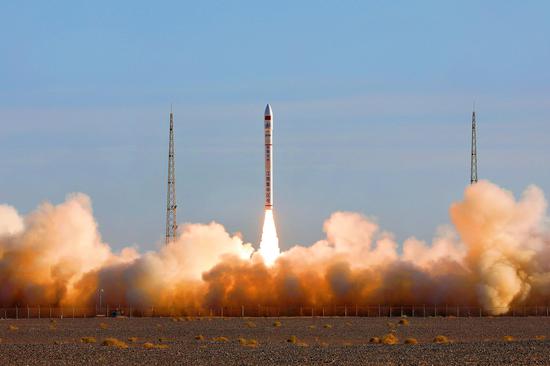
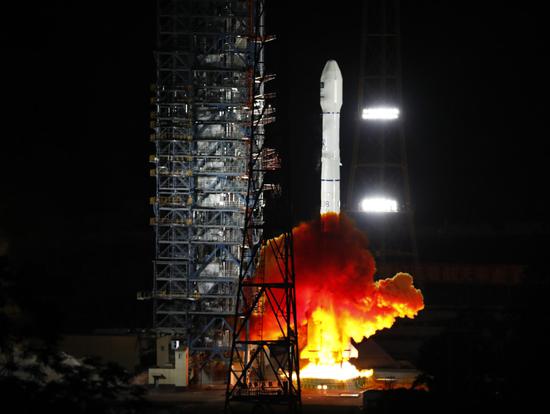
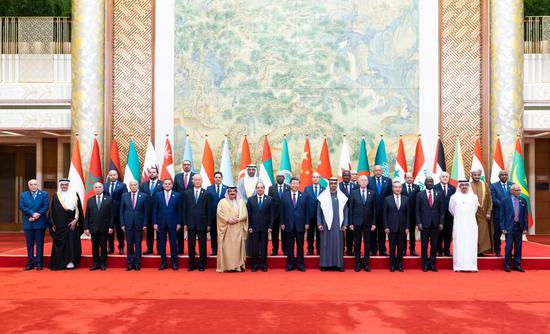




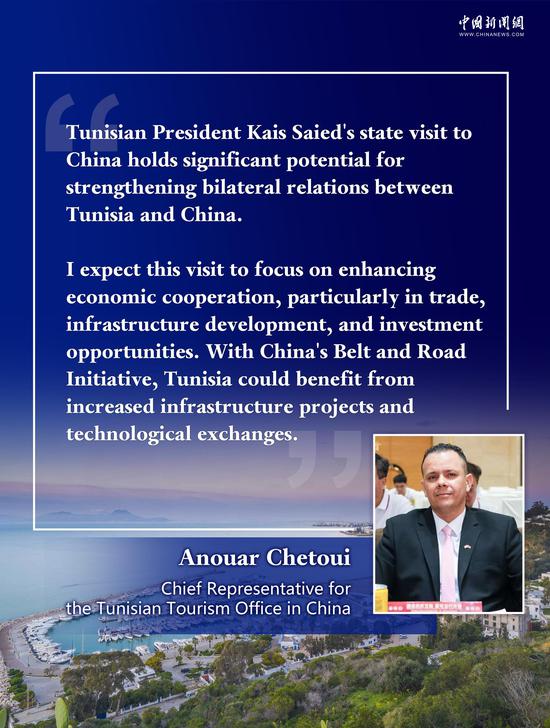


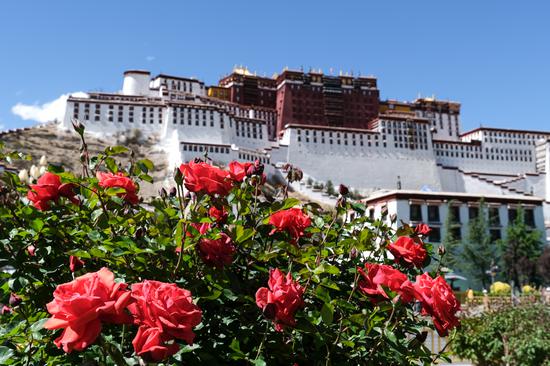
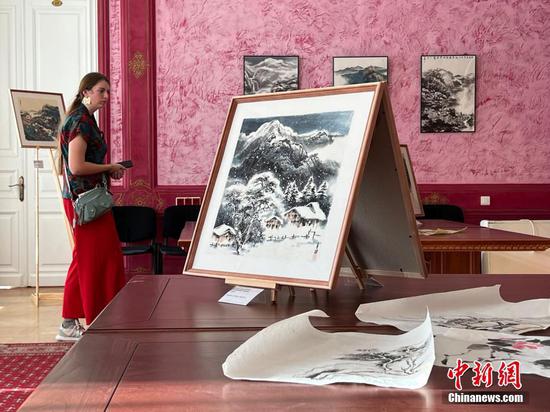


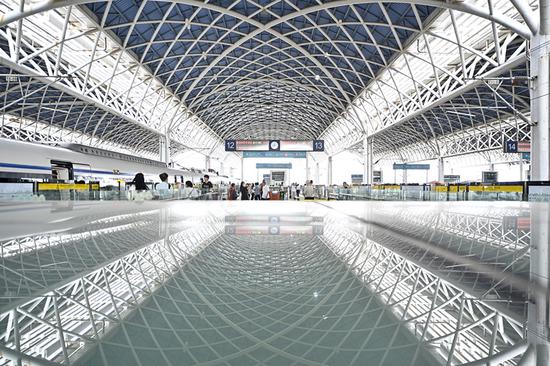



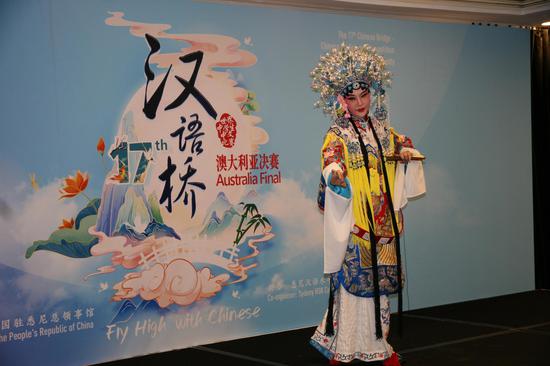




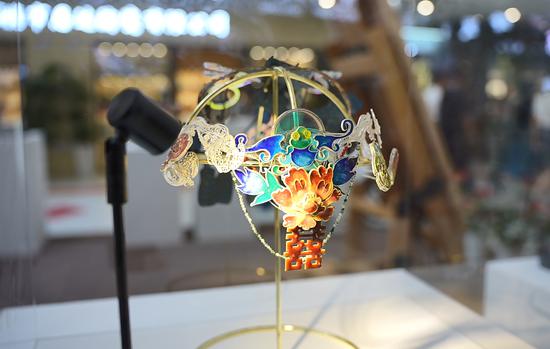
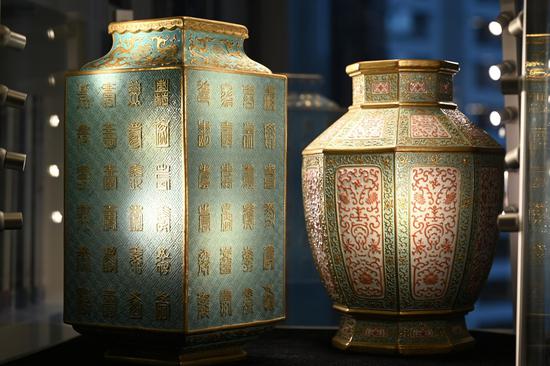
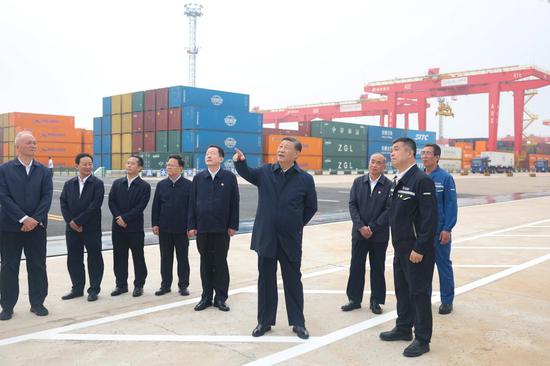



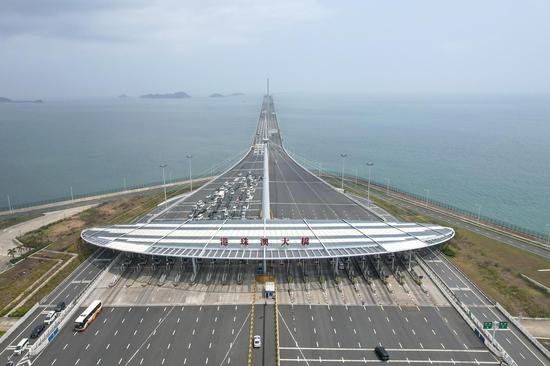

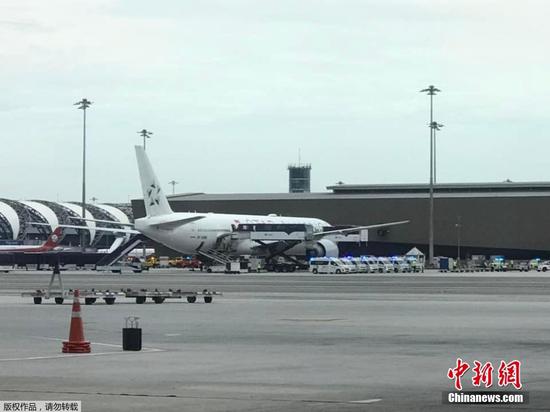

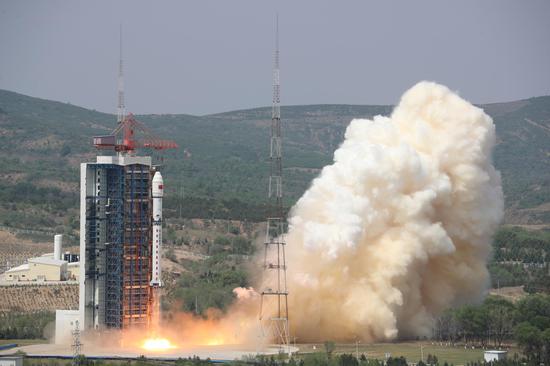

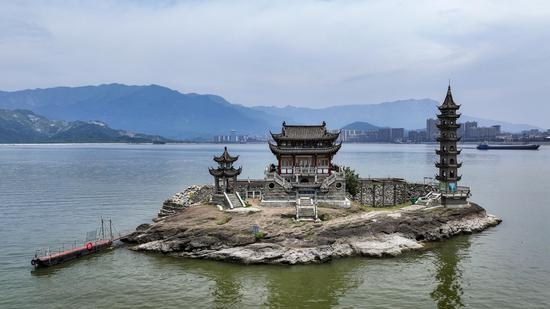






 京公网安备 11010202009201号
京公网安备 11010202009201号